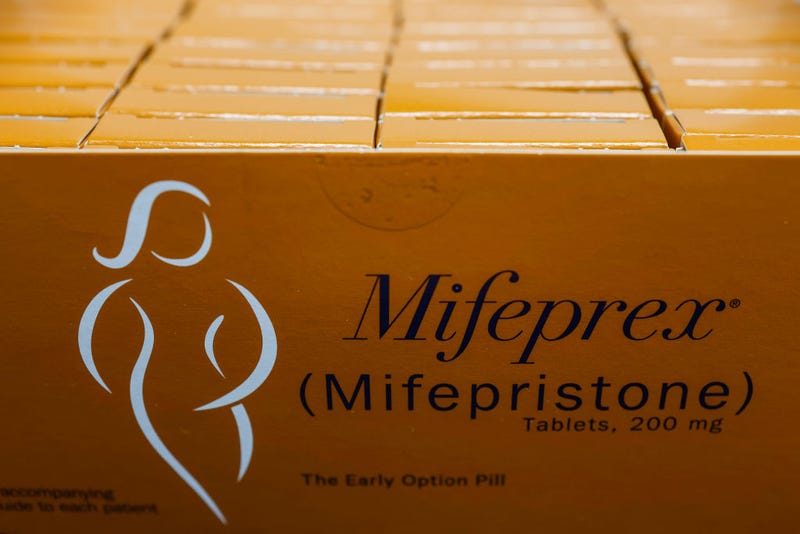
A new development in the case against a drug commonly used to help facilitate abortions occurred this week when a federal appeals court panel said it should remain legal with restrictions.
“The scientists at the FDA deserve our respect and our gratitude, but not our blind deference,” said the panel filing of the U.S. Food and Drug Administration-approved medication.
With this move the medication, called mifepristone, would remain legal. However, people are prohibited from sending the pill from through the mail and it cannot be prescribed through telemedicine, The New York Times explained.
In the suit – filed by anti-abortion groups under the “Alliance for Hippocratic Medicine” banner – it is alleged that the FDA process to review and approve the drug was flawed. A Texas judge in April agreed with the plaintiffs. Since then, the U.S. Supreme Court has sent the case back to the Firth Circuit.
According to The New York Times, the recent decision sets “up a showdown before the Supreme Court on the fate of the most common method of terminating pregnancies.”
“Today’s decision undermines our nation’s entire system of drug approval by overriding the scientific, evidence-based decision-making of the FDA,” said U.S. Department of Health and Human Services Secretary Xavier Becerra of the panel’s conclusion. “This decision threatens Americans’ right to access the medications they need and, if it stands, would have a devastating impact on women’s health by restricting their access to reproductive health care.”
Democrat lawmakers, state officials in Michigan and the White House have also spoken out against the panel’s decision.
“The main impact of the appeals court’s decision, if it is upheld by the Supreme Court, would be to reverse changes made by the FDA in recent years that greatly increased access to the pill, partly by allowing some health care providers who are not doctors to prescribe mifepristone and allowing patients to obtain the pill without visiting a provider in person,” The New York Times said.
There is currently a conservative majority on the Supreme Court, which notably handed down the unpopular Dobbs v. Jackson Women’s Health decision last year, overturning abortion protections established in the 1970s by the landmark Roe v. Wade decision.


